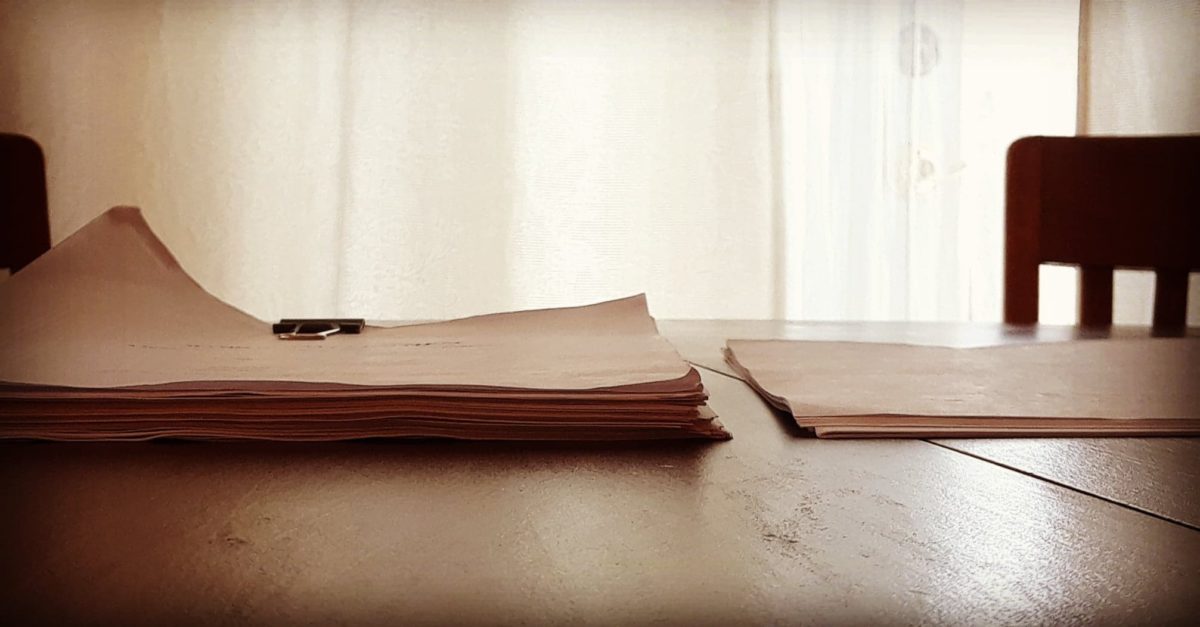I bought this sweet little antique cabinet for a song at a garage sale last weekend, from a couple in their 70s. The husband helped me load it into my car.
Wife: “Are you sure you can handle that, Karl?”
Karl: *grumbles*
He carefully laid the piece on a scrap of cardboard, then rolled it out on a handcart to my car.
Karl was keen to tell me how well-made it was, what a bargain I’d gotten. So I asked whether it had a story. Yes, they bought it when they lived in Europe, “and it was old then.” But Karl wasn’t really interested in telling me the story about that purchase.
He wanted to tell me about when they were first married, living in Burien. “We had nothing. Just a couple of Japanese pillows on the floor and some lawn chairs. This was, oh, fifty-one… fifty-two years ago.” They bought a table, “beautiful carved legs,” and four chairs at a junk shop, “and you know what? We have used that table every day ever since! Imagine. Built to last. What a concept.”
Built to last.
He gave me what would be called in a novel a significant look. Which may have been simply commentary on presswood furniture, which is everywhere and about all many of us can afford.
But. In the five minutes I chatted with his wife and daughter, it became clear that they were in the process of a massive downsizing. A lifetime of memories and stories coming to an end. Perhaps even death cleaning.
No wonder he grumbled when his wife asked if he could manage with the hand truck.
Home again, I shared my find on social media, and then immediately after heard the news that there had been another mass shooting. I’ve lost track of how many there were in the last week. (For a moment, it felt disrespectful to share my mundane delight.) And then I learned about soft targets, my friend Valerie explaining exactly how a bullet kills. “We are all soft targets.”
Bodies. Not so much built to last—as I was reminded a year ago. Although, life does seem to want to happen.
Barring a house fire or the big one, that charming cabinet will outlast Karl and his wife, and, presumably, me and my children, too. I hope I conveyed that I would care for and cherish this item, because I will.
What a concept.








